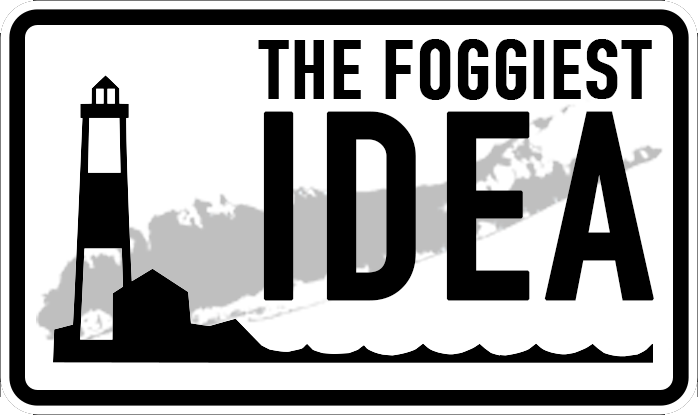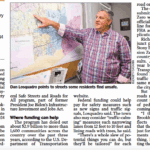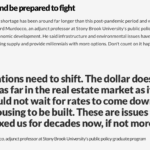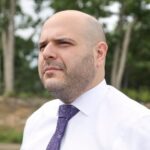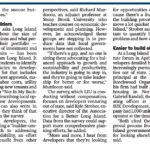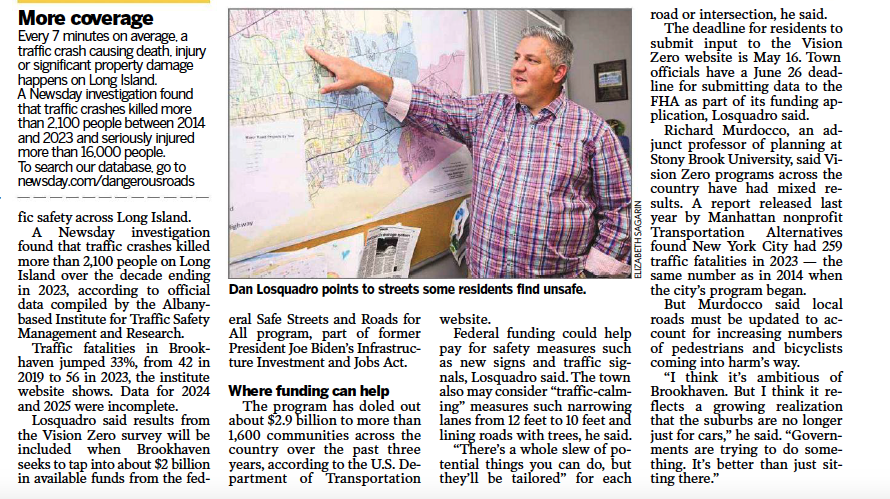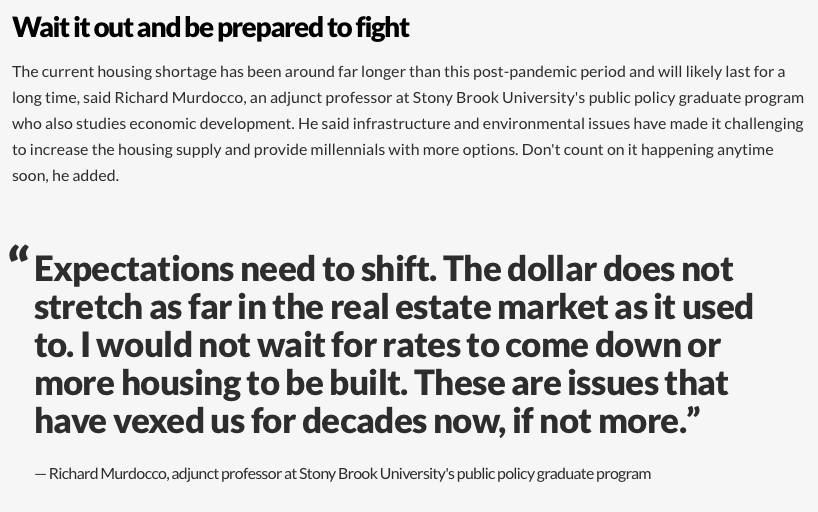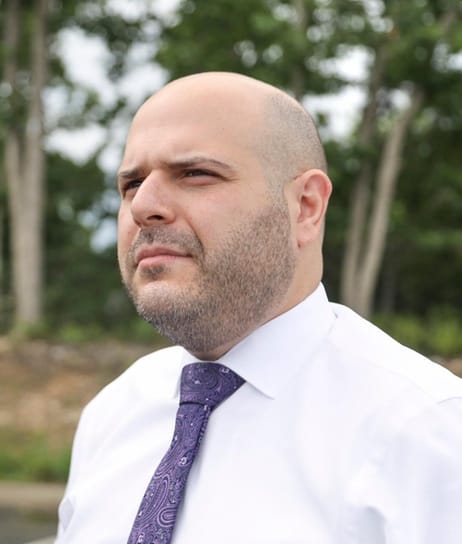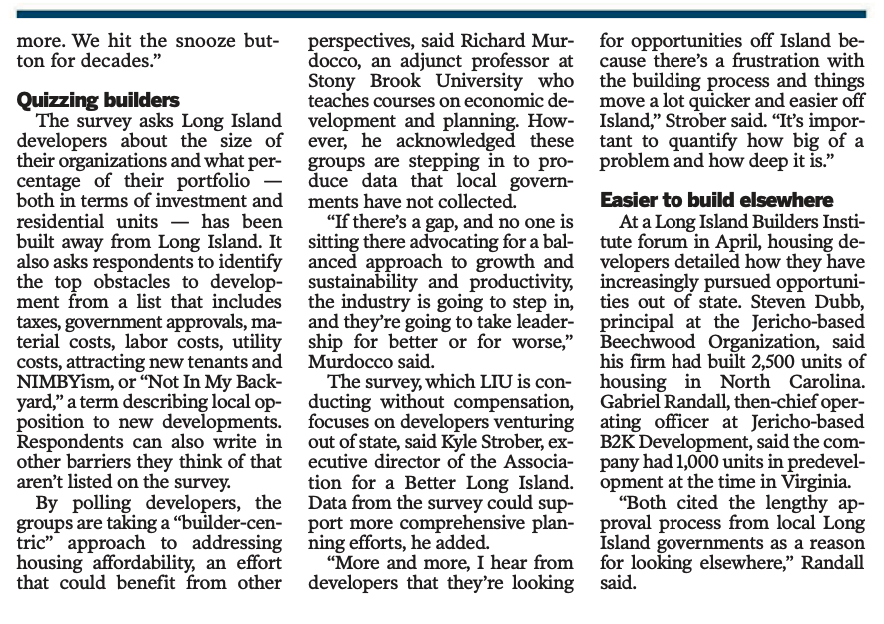The following was written for Stony Brook University’s Alumni Sharing Knowledge (ASK) Blog.
By design, a degree defines your set of skills in the job marketplace. Or does it?
“Bachelor of Arts in Political Science” would denote that one should be studying the geopolitical relationships in South America rather than, for example, engaging in project management for a marketing campaign.
What goes unspoken is the variety of skills hidden behind that categorization emblazoned on the degree—the writing, research, or body of work that earned it. As a job-seeking graduate, it is your job to convey that the skills learned earning a particular degree can be almost universally applied to most jobs in the market. It’s up to you to find your unique asset and capitalize on it.
In my example, I graduated from Fordham University with a BA in Political Science and Urban Studies, and then I went to Stony Brook for my Masters in Public Policy in 2010. With that academic background, it would be a natural progression to work in government, or a tangentially-related field. Currently, I am employed with Teachers Federal Credit Union, where I am an Analyst in their Marketing Department after holding positions in two different non-profits on Long Island. The jump from urban design (which was the focus of my MAPP degree) to marketing was unexpected, but makes sense thanks to a common skill needed in both fields— writing. Thanks to a focus in my unique skill, writing, (and the amount of writing required for the MAPP program), my Stony Brook degree has helped me bridge the gap between the policy and marketing professions. Land use is a specialized niche, but writing is nearly universal.
The importance of identifying your unique asset came to me when I met with New York State Assemblyman Carl Marcellino to discuss the job hunting process. He asked me early in the meeting “What do you have to offer?” I answered quickly, “I graduated from Stony Brook with my Masters in—” he stopped me immediately. “You and everyone else these days has a degree. What can you do? Why are you useful? What can you bring to the table?” He proceeded to tell me a story about how he got his first job out of college. “Typing. That was my skill. What’s yours?”
Between graduation and employment, I started a website called The Foggiest Idea, which helped put my Stony Brook degree to work by taking complex land use/development issues on Long Island and making them approachable to the public. The site helped hone my writing, and it allowed me to use the skill professionally. Despite working outside of the policy field, I still write on local issues regularly to keep my policy skills (and writing) sharp. In my day-to-day job, I use my writing to draft anything from copy to press materials. My unique asset has helped me in each job I’ve held and will continue to do so in the future.
The lesson for any graduate is so simple it’s easy to miss. Instead of selling yourself based on academic achievement, it is more helpful to convey to the prospective employers what skill you can offer and which of their needs you can fill. Identify your skill and nurture it; market yourself with it and embrace it.
Everyone may have a degree, but everyone doesn’t know how to use the skills they have learned earning that degree to their fullest potential. Use it to your advantage.
